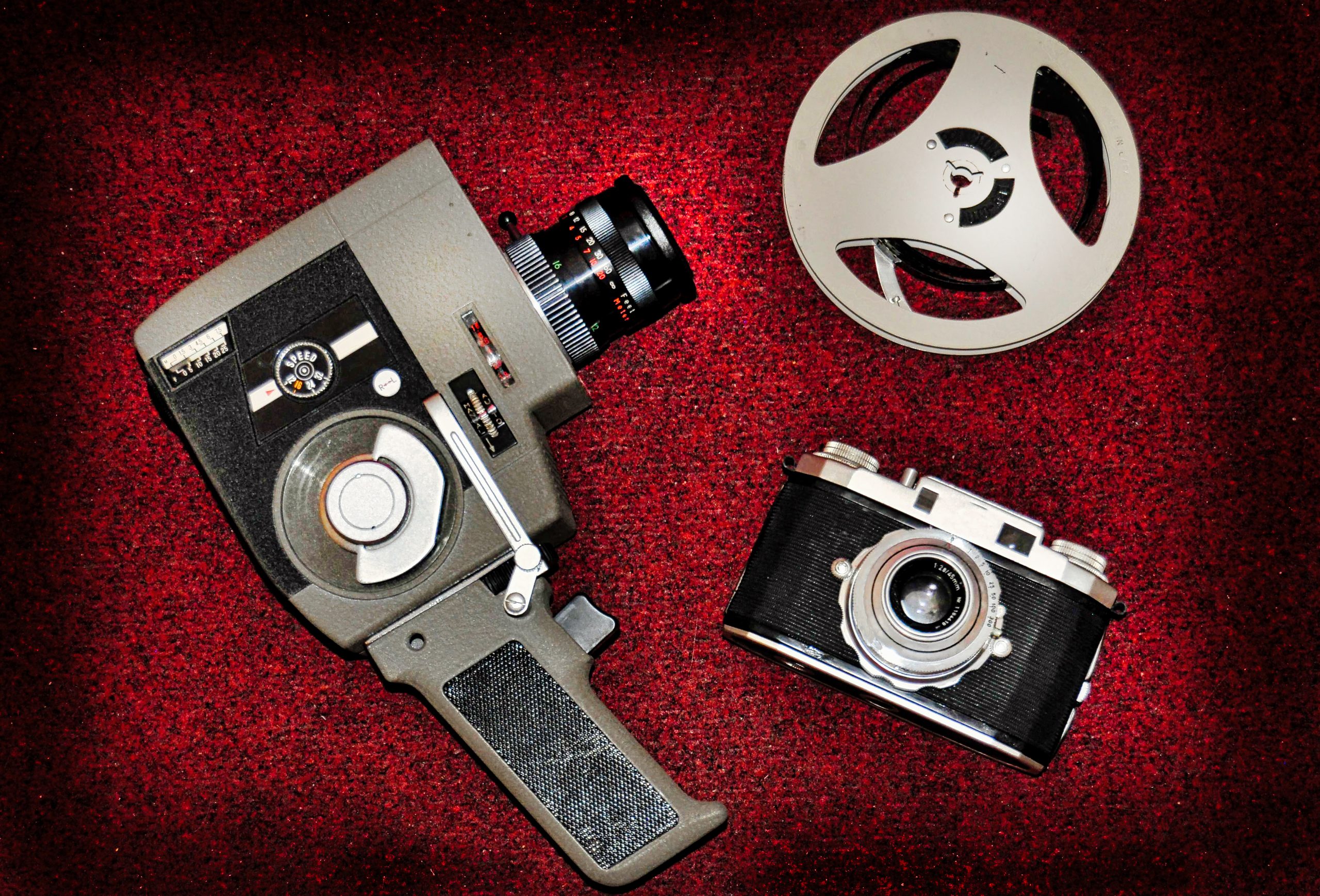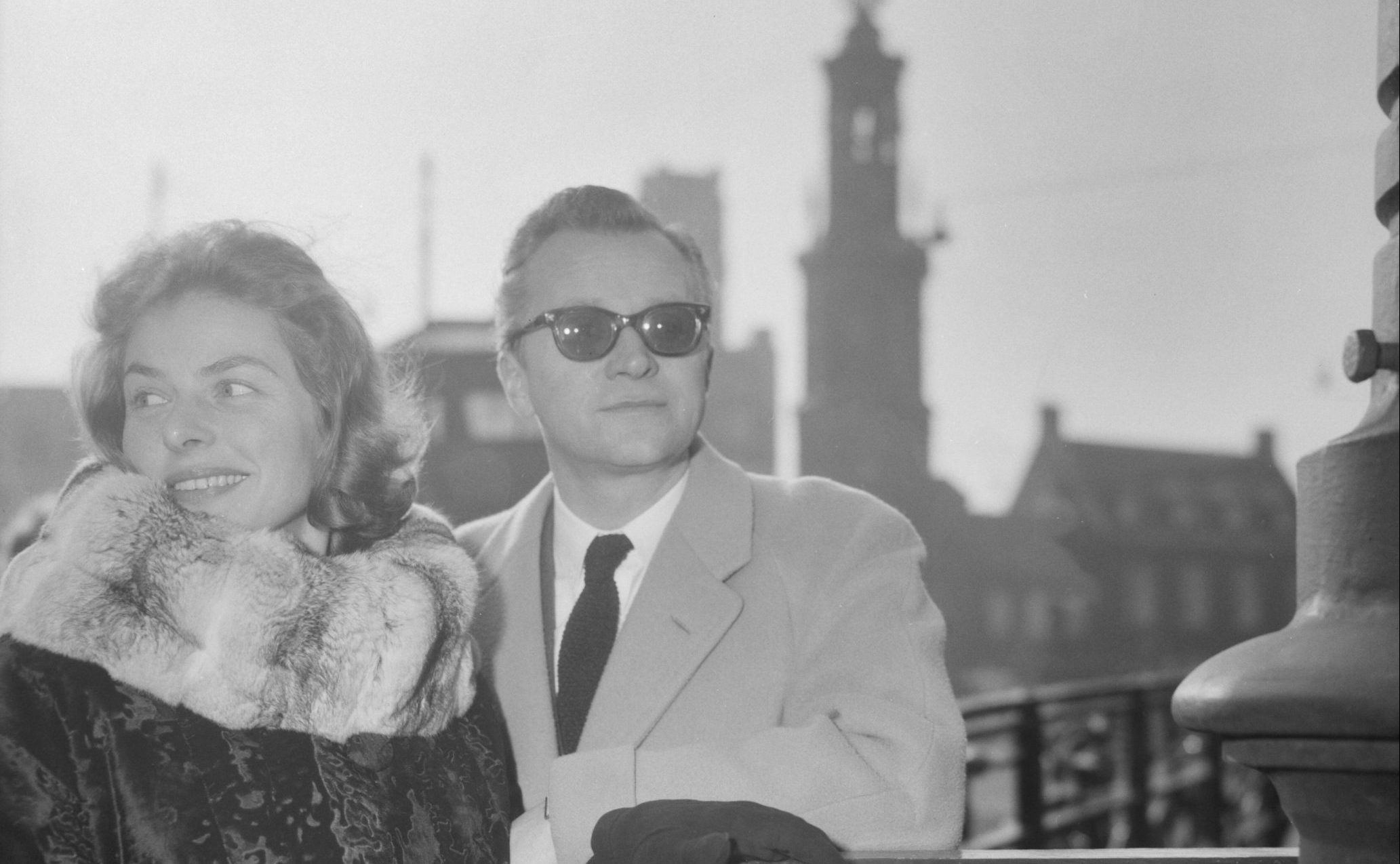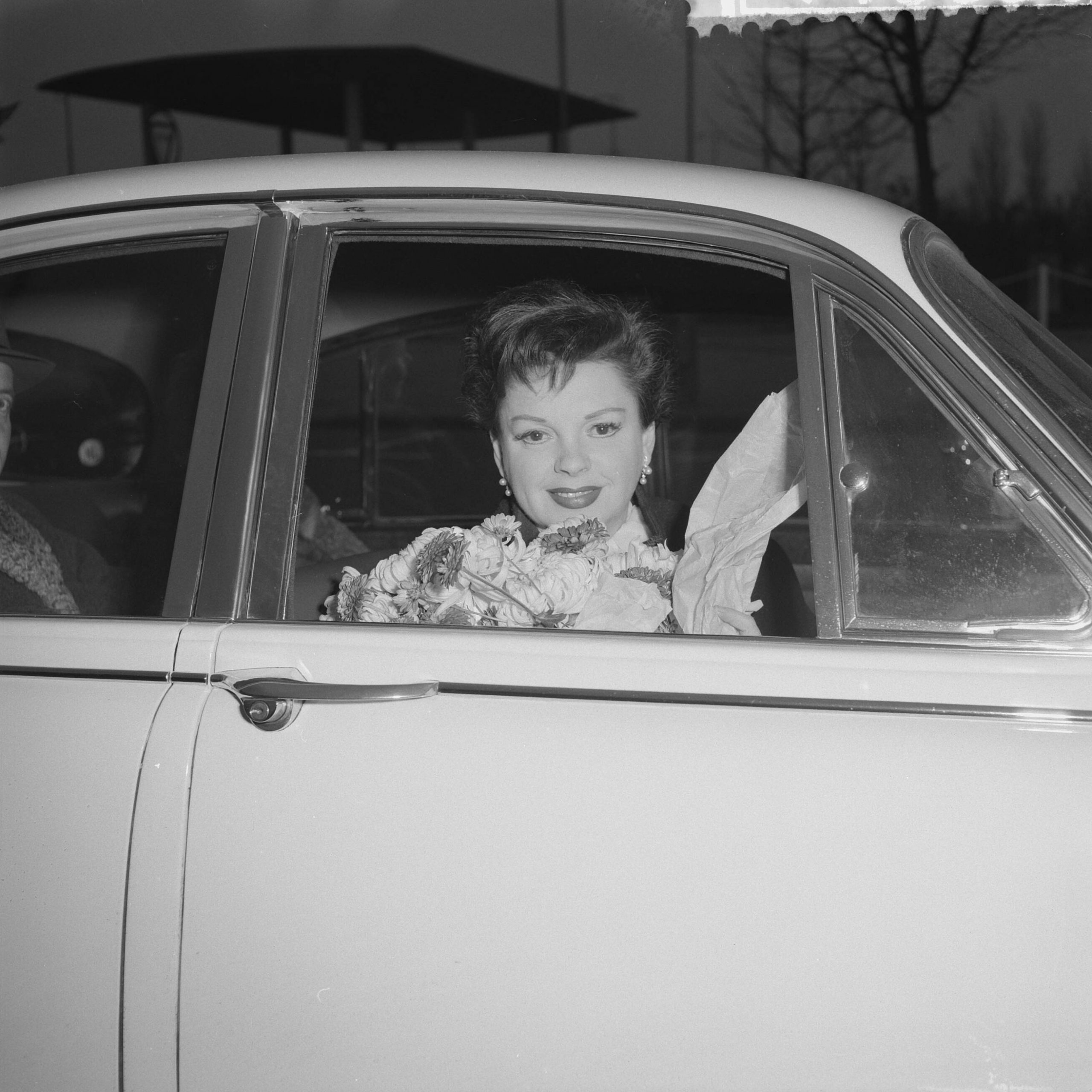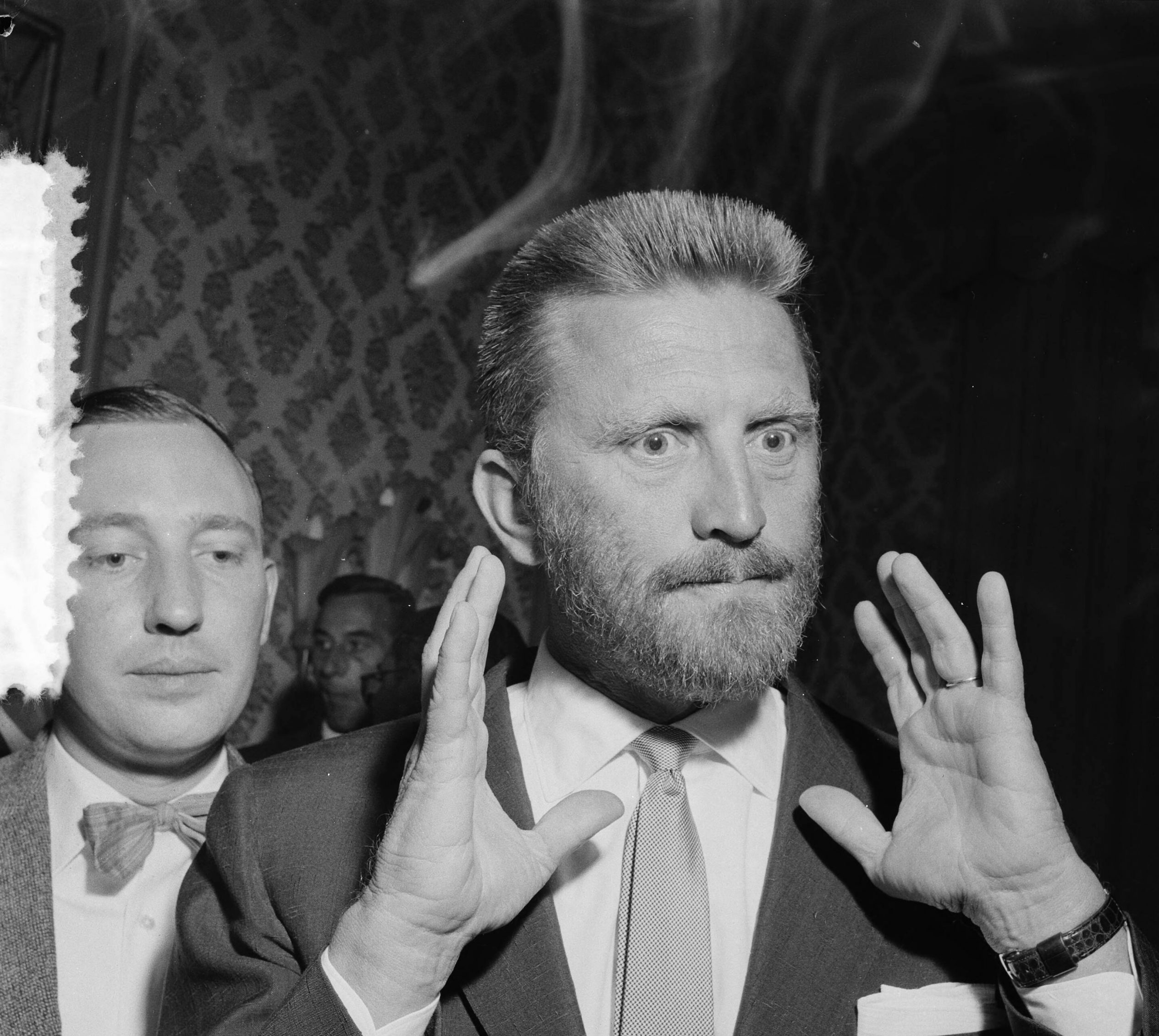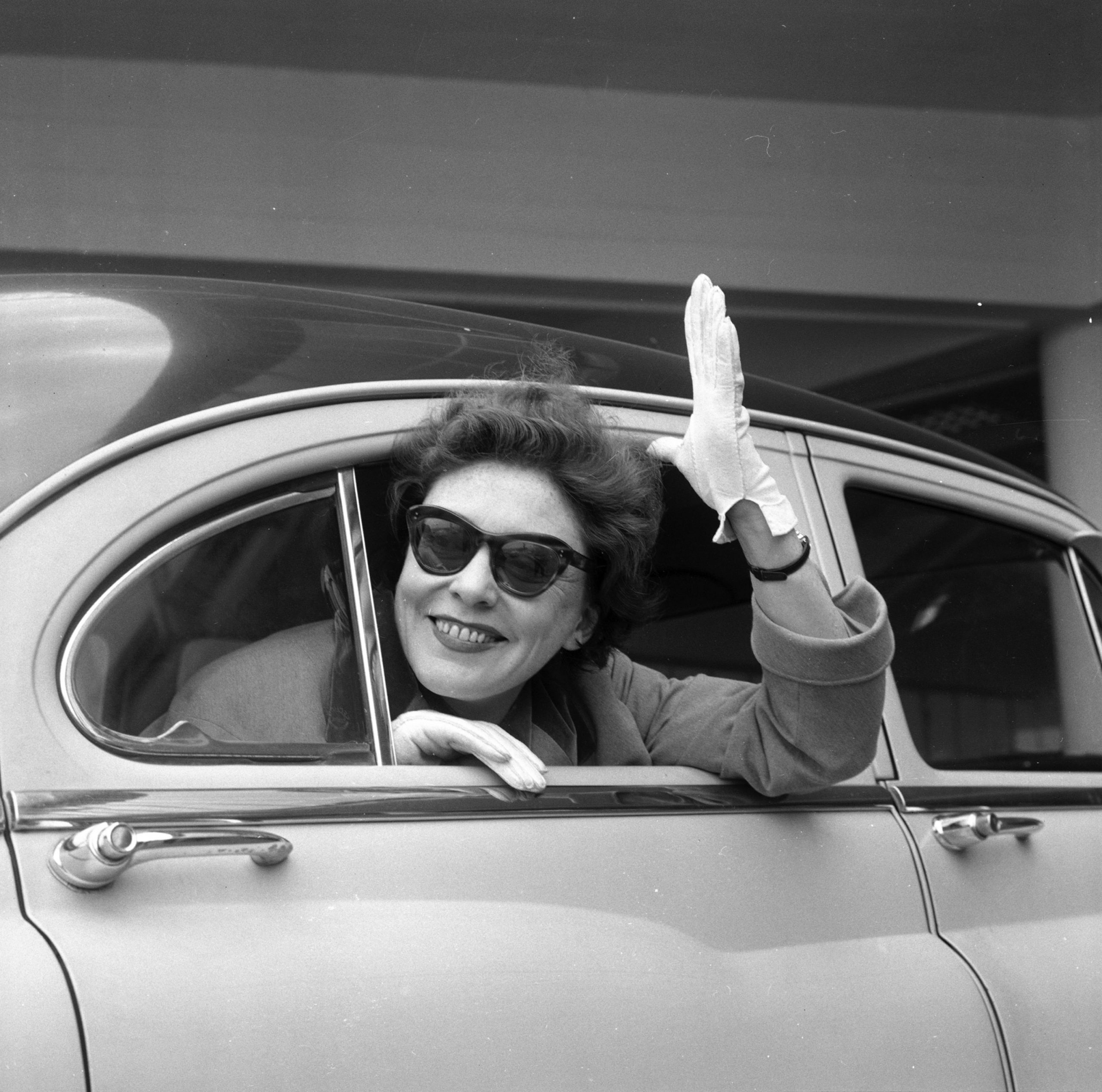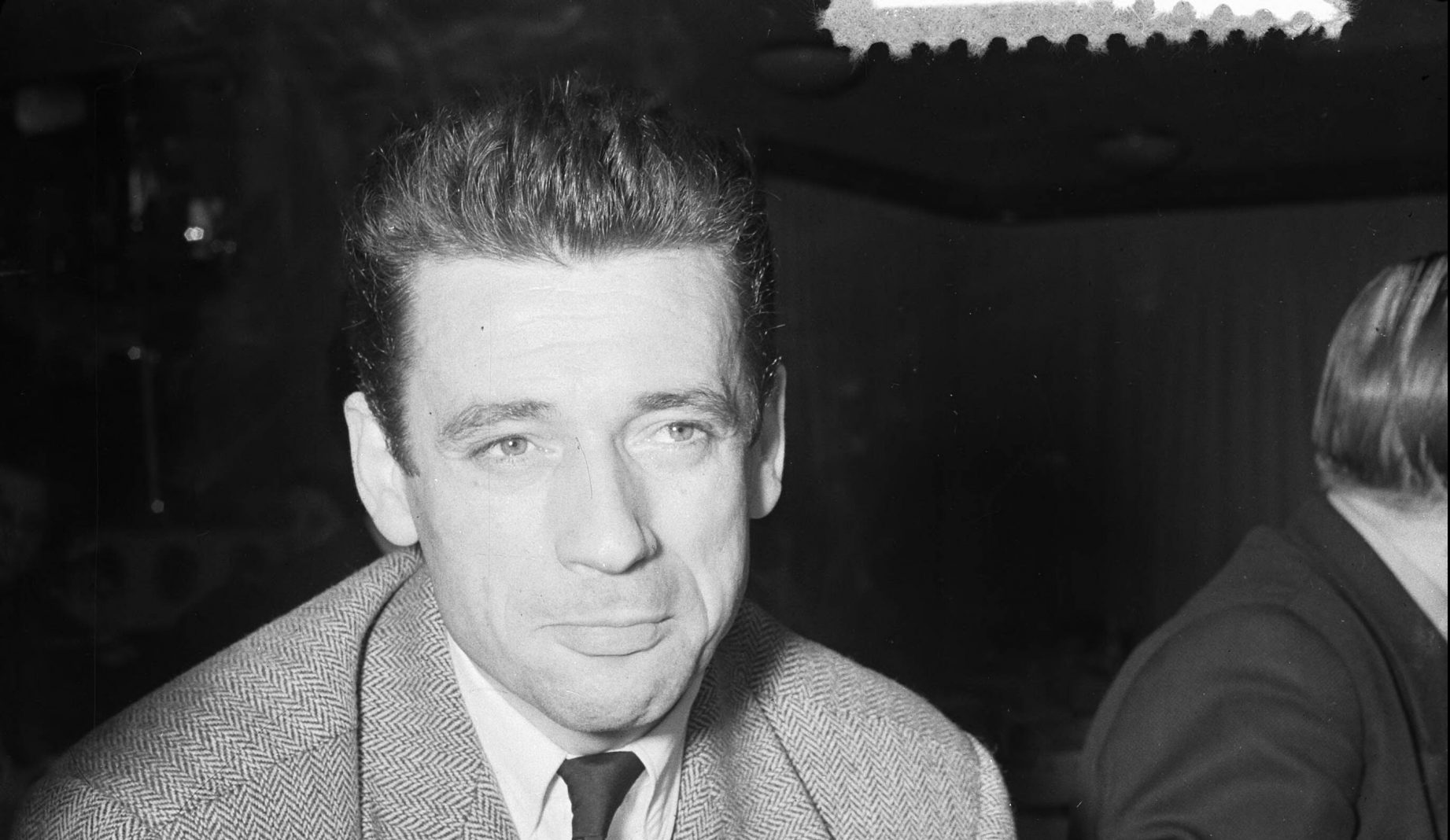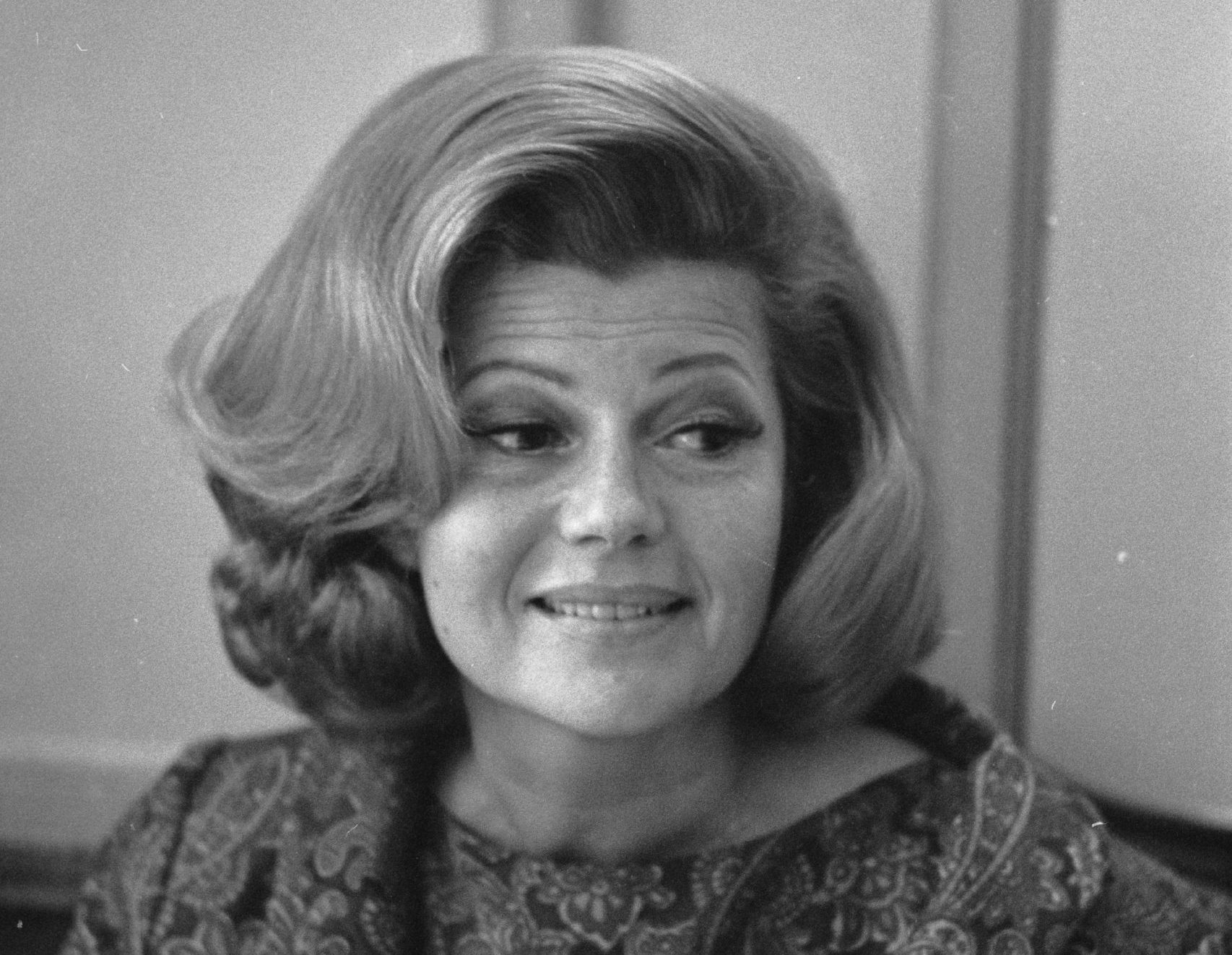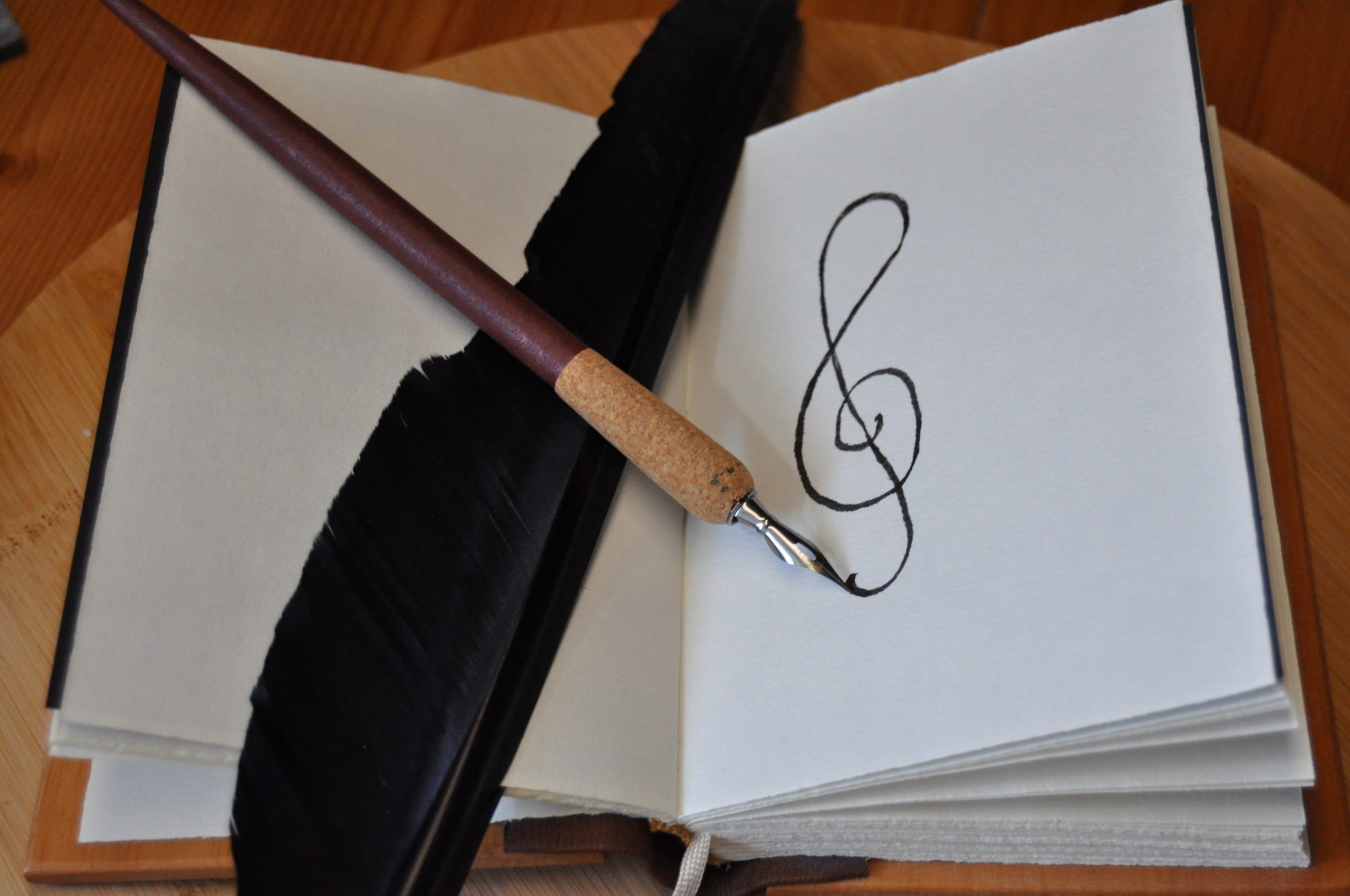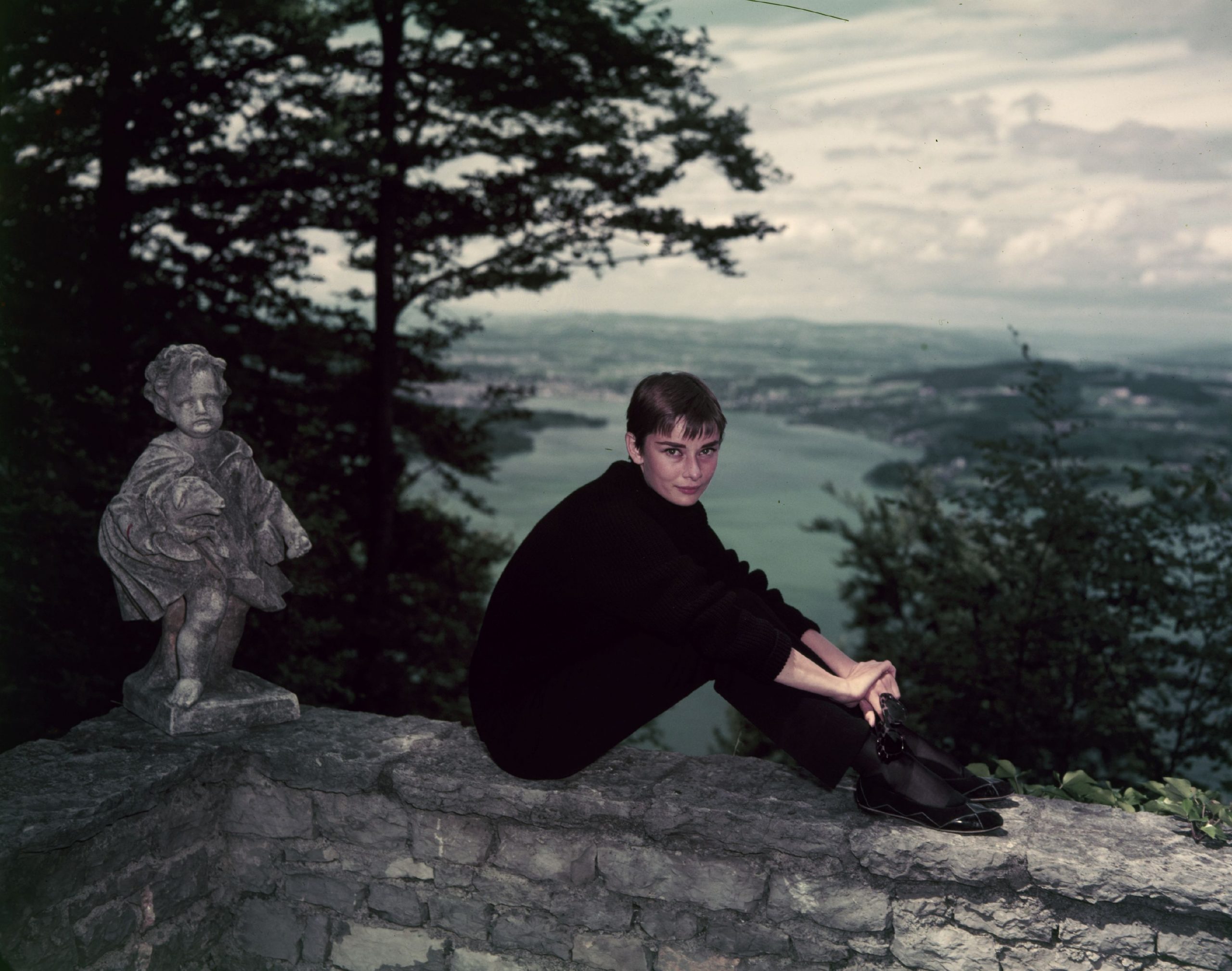What would twentieth-century Hollywood cinema be without the portrayal of the typical British gentleman? David Niven filled this role perfectly in the course of his acting career, even though he was anything but a model student in his youth and was sent to the military after being expelled from school.
Niven was not a typical, boring British gentleman who had a completely clean slate: he did not have an unblemished image, despite his convincing gentlemanly airs, David Niven’s acting always had that certain something that set him apart from other typical gentleman actors. With his life and acting, Niven redefined the image of the British gentleman.
First contact with acting
His acting colleagues often appreciated David Niven’s gentlemanly streak: When he was in charge of troop support appearances for the US military at the end of the Second World War, he organised Marlene Dietrich‘s appearances, among others.
If one believes the reports, Marlene Dietrich was captured by enemy troops during the Battle of the Bulge. David Niven is said to have been responsible for her rescue and freed her from enemy hands.
Without question, the British military defined much of David Niven’s early life and also introduced him to the world of acting: In his memoirs, Niven describes how he and his comrades founded their own amateur theatre when they were rejected by the army theatre.
His time in the military made David Niven a perfect fit for a uniform.
“For every one we employ, we turn away a thousand.”
When David Niven first came into contact with the Hollywood film industry and applied to be an actor, he saw the following sign at a casting for extras: “Don’t try to become an actor. For every one we employ, we turn away a thousand.”
It was the Hollywood of the late twenties and early thirties: getting a foot in the door without sufficient influence was almost impossible.
From 1932 onwards, David Niven played uncredited roles in Hollywood flicks: his typically British appearance predestined him for numerous roles that could only be filled by a classic British gentleman. His time in the military also made David Niven a perfect fit for a uniform: casting directors also recognised this and gave Niven extra roles.
When David Niven came to California, Hollywood was not entirely unknown territory for him: back home in Great Britain, he had already met the film star Douglas Fairbanks, who encouraged him in his intention to become an actor.
Start of Hollywood career
In Mutiny on the Bounty (1935) David Niven played in an uncredited role alongside Charles Laughton and Clark Gable. Niven began his acting career in the middle of the golden age of Hollywood: the film industry was booming, Hollywood had a virtual monopoly on the film market and hundreds of films were made every year. Every film studio had its figureheads – the classic Hollywood studio system was equally at the peak of its success.
David Niven was riding this wave of success: His small role in Mutiny on the Bounty brought Niven to the attention of independent producer Samuel Goldwyn, who signed him. In the thirties Niven was lent to various studios – among them MGM and Paramount. In 1936 David Niven played his first significant role in The Charge of the Light Brigade: There he played the role of a soldier alongside Errol Flynn. Because of his time in the military, he was predestined for uniform roles like no other.
He knew that one day he was to build on his success before the war.
Return to the army
At the end of the 1930s, Hollywood studios began to trust him with bigger roles: In 1939, for example, he took on a leading role alongside Laurence Olivier in Wuthering Heights, a film adaptation of Emily Brontë’s novel of the same name.
At first, David Niven was sure that acting meant more to him than his attachment to the British army: when the Second World War began, the British embassy in the USA advised British actors to stay in the USA. David Niven decided against this advice and rejoined the army. To do so, Niven interrupted his acting career, which was just getting off the ground.
But that doesn’t mean that David Niven didn’t attract publicity during the war: He knew that one day he was to build on his success before the war.
A Matter of Life and Death
After the Second World War, David Niven was not only in demand in Hollywood but was also active in London film studios: In 1946, for example, he played the leading role in the fantasy film A Matter of Life and Death [Stairway to Heaven]. The film is now considered a film classic and is one of the first English productions of the post-war period. The film played a central role in deepening Anglo-American friendship after the Second World War: the film is mainly about the love between an American air traffic controller and a British pilot officer. In the forties, David Niven starred alongside cinema legends such as Cary Grant.
In the 1950s, David Niven was at the height of his success as a film actor: in 1956 he played his most famous role as Phileas Fogg in the film adaptation of Jules Verne’s Around the World in Eighty Days.
After all, no one would think that a typical gentleman is capable of stealing jewels.
The Pink Panther
The rogue comedy The Pink Panther (1963) catapulted David Niven to the forefront once again: Niven knew how to fill the role of the “phantom”, also known as Sir Charles Lytton, with humour. It was not just any form of humour that Niven resorted to: with his interpretation of Charles Lytton, he drew a caricature of the typical British gentleman, so to speak. Behind the elegant-looking Charles Lytton, who is well respected in society, there is in fact a jewel thief who cleverly plays off his gentlemanly airs against his next victim. After all, no one would think that a typical gentleman is capable of stealing jewels.
James Bond
When Ian Fleming wrote his James Bond novels, he had David Niven in mind for the role of James Bond: Niven is even mentioned by name in one of the James Bond novels – if the casting of the first James Bond film Dr. No had been Fleming’s responsibility, Niven would certainly have taken on the role of Bond.
Fleming’s idea did come to fruition in 1967 – albeit in a different form than he had originally intended: In the Bond parody Casino Royale (1967), David Niven took on the role of James Bond.
David Niven did not only act in American and English films: In the French-Italian comedy The Brain [Le Cerveau, 1969] he played alongside Jean-Paul Belmondo.
Crowd puller
After his film career, David Niven wrote several autobiographical books.
His way of portraying the British gentleman on screen is unrivalled to this day: He broke up the serious image of a gentleman who was an officer in the army by playing numerous comedic roles and thus became a crowd puller.
David Niven pursued his own path: when he joined the British army at a young age, it was far from foreseeable that he would one day become a successful actor. His parents had chosen a destined path for him, but he did not follow it.
Niven joins the ranks of those British Hollywood actors to whom the Hollywood film industry owes a great deal: The role type of the British gentleman still exists today and Niven set the standards for how to play this role.
Main source: Niven, David: “The Moon’s a Balloon”, 1994 Penguin Books
Cover picture: © Simon von Ludwig

 Deutsch
Deutsch